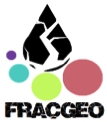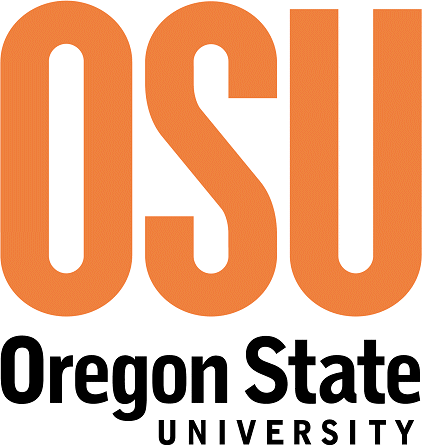Web Site Index
Overview
Program
Travel and Accommodations
Submit Abstract
MPM Challenge
Free MPM Software
Contact
Related Links
John A. Nairn Web Site
Oregon State University
College of Forestry
Wood Science and Engineering
Sponsors

Updated
September 9, 2014
O R E G O N S T A T E
U n i v e r s i t y
8th MPM Workshop 2014
Thursday and Friday, September 25-26, 2014
Oregon State University
Corvallis, OR, 97331
Overview
This workshop will feature presentations on theory and applications of the material point method (MPM) as a numerical method for solving problems in solid mechanics, simulating fracture and crack propagation, solving problems involving interfaces and contact, working on multi-scale and multi-physics problems, modeling of composite materials, and more. The workshop will include extended periods for members of the MPM community to discuss MPM issues and future development of MPM.
Program
The time for submitting papers is over. The current presentations planned for the workshop are listed in the conference program.
New: We have now arranged to hold a poster session during a social time before dinner. Even if you did not submit a poster, we will likely have room for a few more if you bring one along to the workshop. The poster session is an ideal place for students to present work or for those giving talks to present some other results they are anxious to share with the community.
Registration is free (although you will be responsible for your own travel and accommodation costs). We will be hosting a social hour (with no-host bar), a poster session, and a catered conference dinner on campus on Thursday, September 25, 2014. Please plan on attending (or send email if you have other plans). We need to notify the caterer with a head count 10 days before the conference.
If additional funds can be raised, they will be allocated first to support some costs of students attending the workshop.
MPM Challenge
As potential topic for the next (and 9th) MPM Workshop, we might consider a session on an MPM challenge problem. In brief, the challenge involves obtaining robustly stable simulations for a column of liquid under gravity. Some details are here:
- See the problem statement in a PDF document.
- See sample movie of the problem using NairnMPM, which modeled the liquid using a Tait equation of state having K = 15 kPa and with viscosity of η = 500 cP (may need to play twice to get smooth playback).
- See sample movie of the problem using Uintah, which modeled the liquid using P = K*(J-γ-1) with K = 15 kPa and γ = 7 and with viscosity of η = 500 cP.
A poster will be presented at the 8th MPM Workshop by Jim Guilkey on this problem.
Free MPM Software
For those who are interested, the following two links provide robust and free MPM software:
- The MPM software from Oregon State University is now presented in its own wiki page with instructions for downloading, compiling, running, and visualizing MPM calculations (and as a bonus some FEA calculations too). It is free, parallelized, and works on any platform. A Java app included in the package has recently been updated to support a scripting language for creating simulations. It can be the primary tool for Windows and Linux users. Mac users can use a custom Mac application with even more features and available by download (and even in the Mac App Store, which should soon be updated to 5.1). All images in the background were created with this software and can be seen in foreground by clicking here.
- A early adopter of MPM for large-scale computing was the C-SAFE project at the University of Utah. Their MPM code, known as Uintah, is available for free download.
Contact
For any questions about the meeting please contact one of the co-organizers using these email links to John Nairn or Yamina Aimene.
